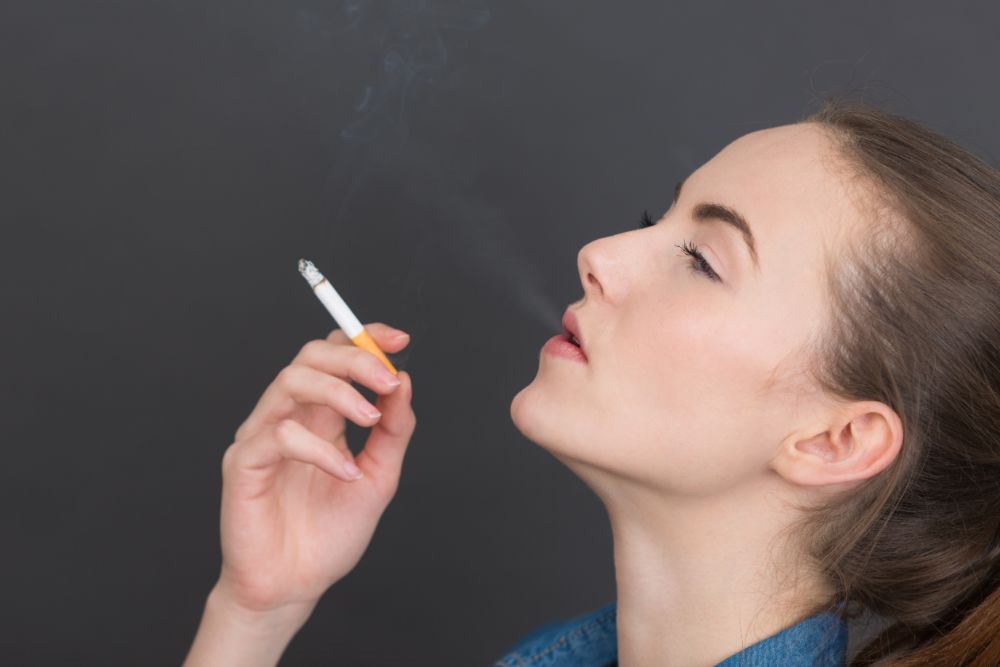The question of whether it is safe to resume smoking after tooth extraction is one that many patients inquire about post-surgery. Tooth extractions, though common, require attentive aftercare to ensure a smooth and complication-free recovery. Smoking after tooth extraction can pose several risks, and understanding these risks is paramount for anyone considering lighting up after the procedure.
Why Is Smoking Discouraged After Tooth Extraction?
Tooth extraction, like any surgical procedure, initiates a healing process in the body. The primary concern related to smoking after tooth extraction is a condition known as dry socket. This condition occurs when the protective blood clot that forms in the socket post-extraction gets dislodged or dissolves prematurely. This clot acts as a protective layer, covering the underlying bone and nerve endings. Smoking can inhibit the formation of this clot or cause it to dislodge due to the sucking motion and the chemicals present in cigarettes.
Complications Associated with Smoking Post Extraction
- Dry Socket: As mentioned earlier, this is the most common complication from smoking after tooth extraction. Dry socket can be excruciating and may require additional treatment to manage the pain and encourage healing.
- Delayed Healing: The chemicals in tobacco can impair the body’s natural healing process. This means that the extraction site may take longer to heal for smokers than for non-smokers.
- Infection: Smoking reduces blood flow, which can increase the risk of infection at the extraction site. Nicotine reduces oxygen in the bloodstream, and this lack of oxygen can make it harder for the body to fight off bacterial infections.
How Long Should One Wait Before Smoking?
While it is best to refrain from smoking if possible after a tooth extraction, most dental professionals recommend waiting at least 72 hours or three full days. This period allows the initial and most critical healing phase to occur. However, the longer a person can wait, the better it will be for the healing process. If someone absolutely cannot abstain from smoking, they should consult their dentist for specific guidance.
Tips for Those Who Choose to Smoke
If someone decides to smoke after a tooth extraction, taking some precautions can minimize potential risks:
- Wait if Possible: The longer the wait, the better the chances of preventing complications.
- Avoid Direct Suction: Try not to create a strong suction in the mouth when smoking. This can dislodge the clot from the extraction site.
- Maintain Oral Hygiene: Keeping the mouth clean can help prevent infections. However, avoid vigorous rinsing or spitting in the first 24 hours.
The Importance of Post-Extraction Care
Proper aftercare following a tooth extraction is essential to prevent complications and promote swift healing. While refraining from smoking is a significant aspect of this care, other factors, like maintaining oral hygiene, following the dentist’s instructions, and taking prescribed medications, also play crucial roles. Regular dental check-ups and general dentistry practices can help in early detection of potential complications and guide in recovery.
Tooth extractions necessitate careful post-surgery care. While the allure of returning to regular habits, including smoking, might be strong, it is essential to understand the risks associated with smoking after tooth extraction. For those keen on enhancing their smile or considering further dental treatments, dental implants might be a solution worth exploring. Always prioritize health and consult with dental professionals when in doubt.


